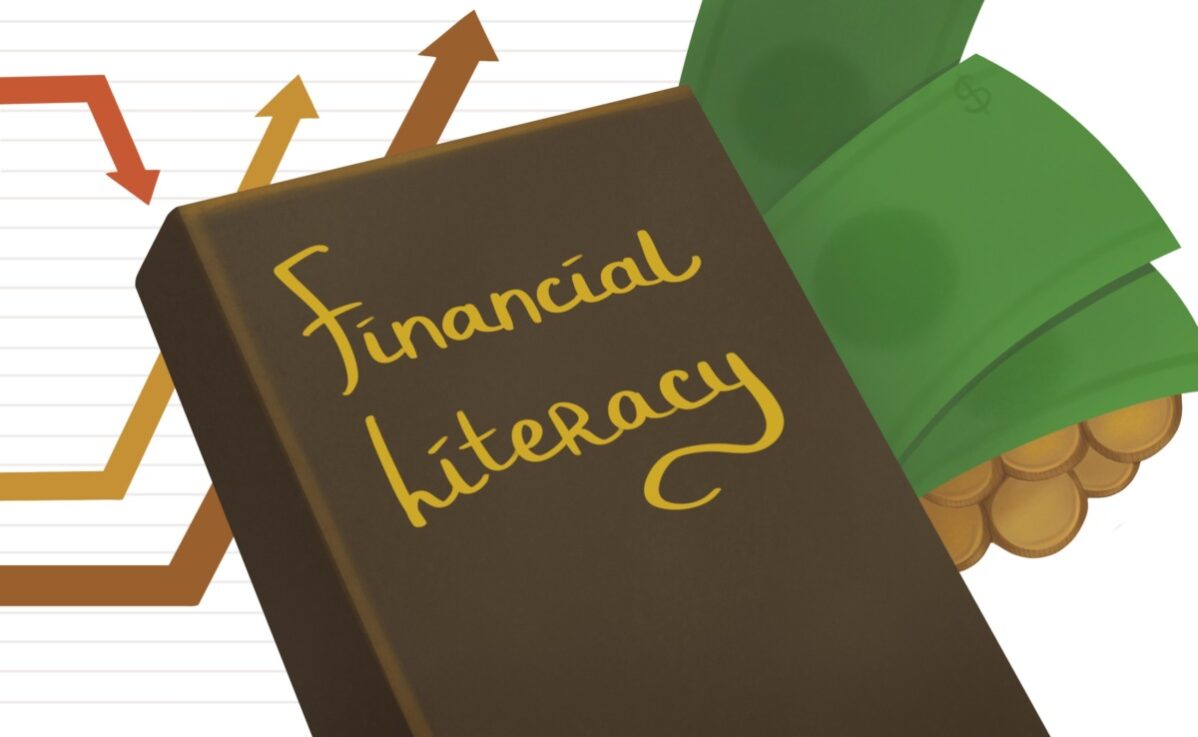Financial literacy workshop helps students manage their personal budget.
Financial problems can be stressful, particularly for those focused on their academics. However, students are not isolated in this struggle.
World Mental Health Day is observed on Oct. 10 annually. This year, the Student Association of George Brown College organized a financial literacy workshop for students to learn about managing financial situations that can affect mental health.
Amanda Martin, a certified educator in personal finance from the Credit Counselling Society (CCS) facilitated the workshop. CCS is an accredited non-profit that assists Canadians in resolving their money problems.
“We recognize that stress whether it be financial or academic, is simply stress at the end of the day, and it impacts not just our finances, but our physical health, our emotional health. So, we wanted to bring some practical tools to the students to be able to help them manage that financial stress component,” Martin said.
Credit was a big topic discussed in the workshop.
“Not all debt is bad. Credit is not good or bad. It’s how we choose to use it that can be helpful or harmful to us, good debts are things that you have something to show for at the end of it,” Martin said.
She described a student loan as a good debt because student loans enhance earning potential, allowing for better job opportunities upon completion of studies.
During her presentation Martin pointed out that many people are either unaware of or hesitant about applying for student loans.
For those wary of loans, the college offers many options like grants and bursaries for deserving students.
“[We hear] from financial aid departments at schools across the province that there is being money left on the table that students are not accessing in the form of grants and bursaries.”
The concept and significance of a credit score was explained in detail as well. Martin describes one’s credit score as the detailed history of one’s credit behaviour acting as a resume.
“You can improve your credit on your own. You don’t need an agency or to pay someone for it. Make all your payments on time. Pay your credit card in full and consider using a secured credit card if necessary.”
Students can get their credit report from TransUnion and Equifax for free. During the workshop, Martin also detailed the options available for building or repairing one’s credit score.
Students can schedule a complimentary financial consultation by calling 1-888-527-8999 or engage via online chat at www.nomoredebts.org.


